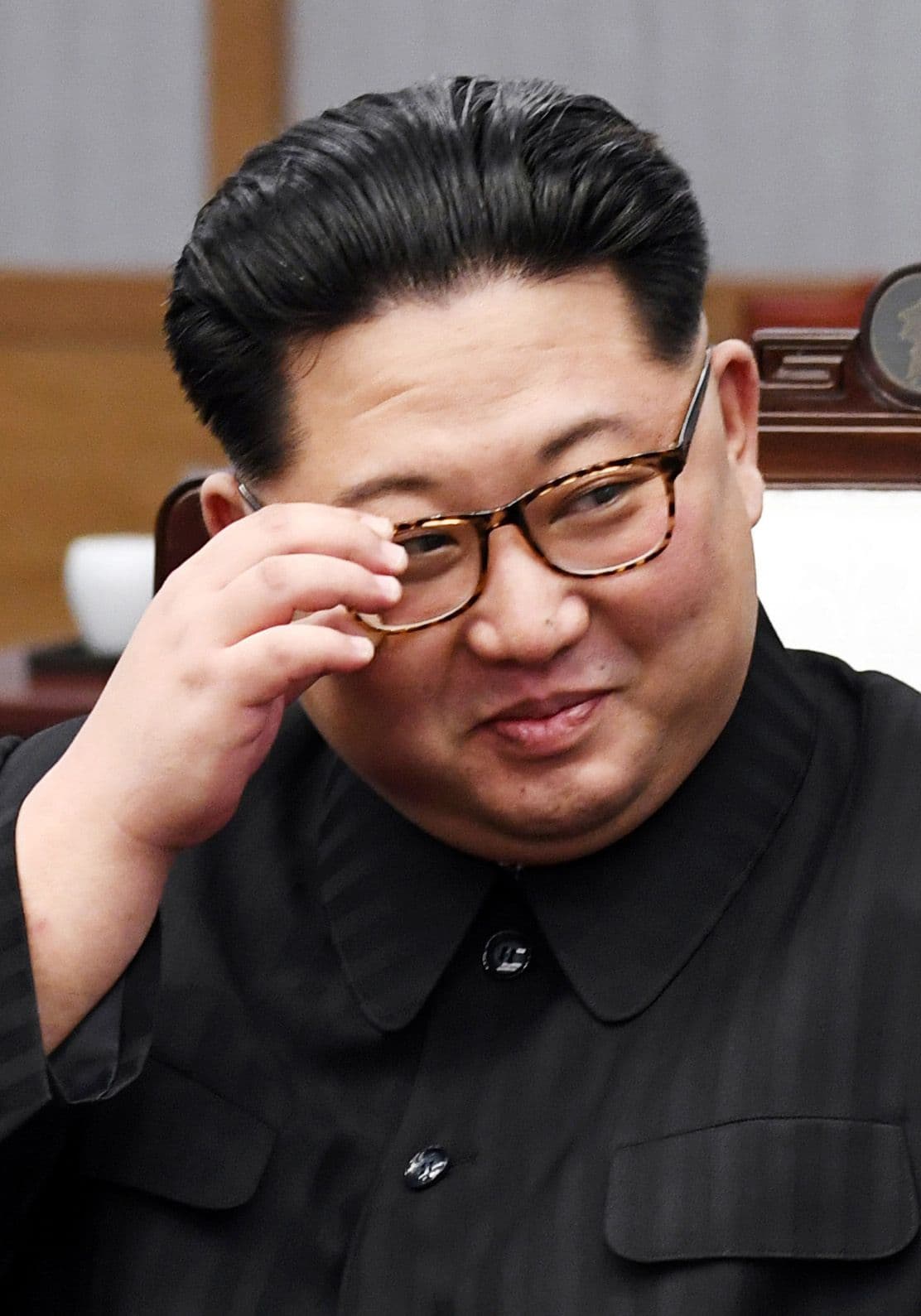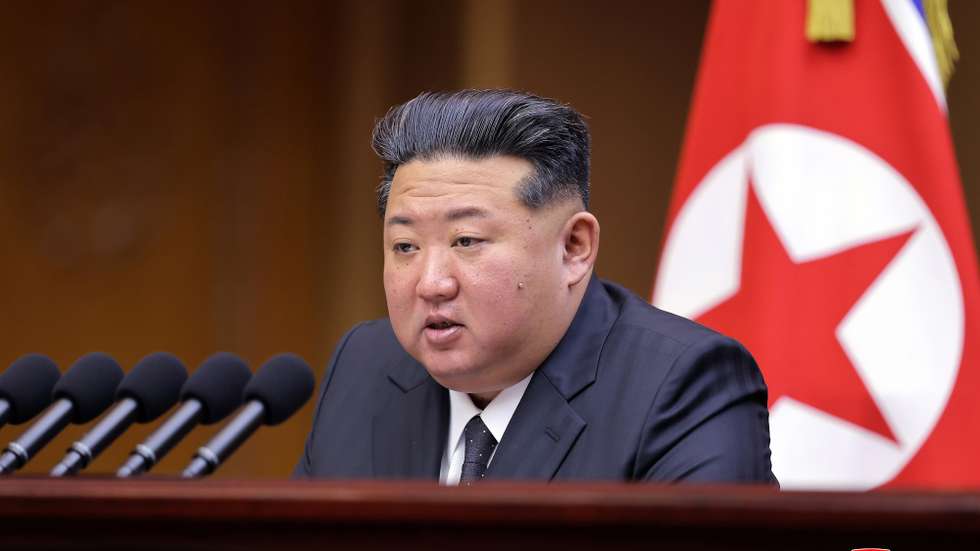Kim Jong Un Bans Suicide: Dying Needs Government Permission Now

North Korean leader Kim Jong Un has reportedly issued a directive banning suicide across the country, calling it an act of treason against the state and socialism. The order, which was communicated secretly to provincial and local government officials in 2023, comes amid rising reports of suicides and growing hardship inside the isolated nation.
According to multiple sources, including Radio Free Asia, Kim Jong Un’s government ordered regional party committees to treat every case of suicide as a political crime. The directive was passed down through emergency meetings across the provinces, where local officials were told to take personal responsibility for any suicide cases occurring within their jurisdictions. Failure to prevent such acts could result in punishment or removal from office.

The new rule follows a sharp increase in suicide cases across North Korea. Reports from defectors and intelligence sources suggest that suicide rates have risen by nearly 40 percent compared to the previous year. Entire families have been found dead in some provinces, particularly in the northern regions of Ryanggang and North Hamgyong, where hunger and economic despair are most severe. In official propaganda, the government insists that the socialist system under Kim Jong Un guarantees the happiness and prosperity of all citizens. Therefore, any sign of despair or hopelessness is treated as ideological weakness. This framing allows the regime to criminalize suicide while reinforcing loyalty to Kim’s leadership.
The directive has sparked fear among local officials, who now face pressure to prevent suicide incidents in their areas. In some regions, surveillance and neighborhood monitoring have intensified. Local party members and security agents are ordered to visit homes more frequently to check on residents’ mental state and loyalty to the government. Families of those who commit suicide may face collective punishment, including interrogation or loss of social privileges. The directive has sparked fear among local officials, who now face pressure to prevent suicide incidents in their areas. In some regions, surveillance and neighborhood monitoring have intensified. Local party members and security agents are ordered to visit homes more frequently to check on residents’ mental state and loyalty to the government. Families of those who commit suicide may face collective punishment, including interrogation or loss of social privileges.

Human rights organizations have condemned the regime’s handling of the issue, arguing that it ignores the real causes of suffering while punishing victims. They say the policy demonstrates how deeply politics and ideology are intertwined with everyday life in North Korea, even in matters of personal tragedy.

Kim Jong Un’s ban on suicide reflects a government desperate to control not just the behavior of its citizens, but also their thoughts and emotions. Instead of acknowledging the widespread suffering caused by poverty and repression, the regime seeks to silence the most tragic expression of despair. In doing so, it reinforces a system where even death can be seen as disloyalty and where the state claims authority over every aspect of human existence.
